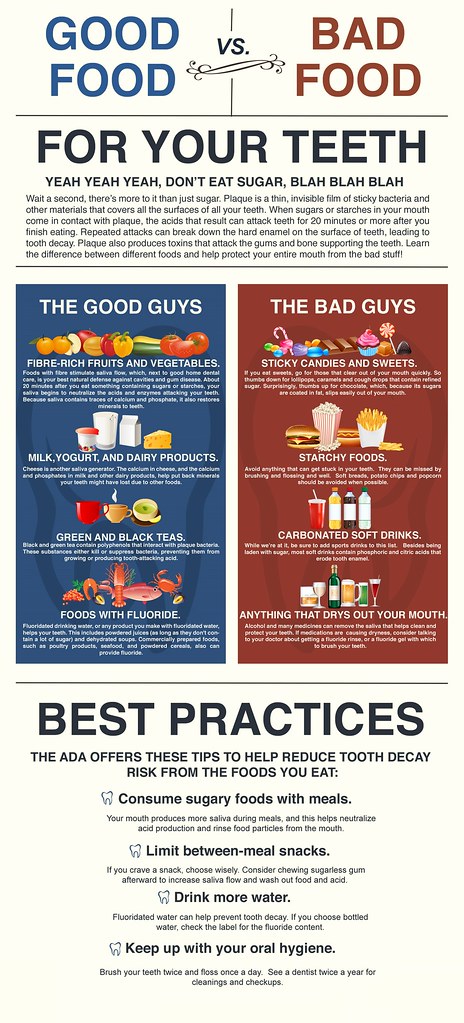Frequently Asked Questions
How can I add calcium to my diet?
– Include dairy products such as milk, cheese, and yogurt in your daily meals.
– Eat green leafy vegetables like kale, broccoli, and spinach.
– Include fortified foods and beverages like plant-based milks, orange juice, and cereals.
– Consume calcium-rich seafood such as salmon and sardines.
– Include nuts like almonds and sesame seeds in your diet.
More information on adding calcium to your diet
What are some good vegan sources of calcium?
– Consume plant-based milks like soy milk or almond milk that are fortified with calcium.
– Include calcium-set tofu, tempeh, or edamame in your meals.
– Eat leafy greens such as broccoli, kale, and bok choy.
– Include almonds, chia seeds, and sesame seeds in your diet.
More information on vegan sources of calcium
How much calcium do I need daily?
– The recommended daily intake of calcium for adults is around 1000-1300 mg per day.
– However, this requirement may vary based on factors like age, gender, and overall health.
More information on daily calcium intake
Are calcium supplements necessary?
– While it is preferable to obtain calcium through a balanced diet, supplements can be helpful to meet the recommended daily intake, especially for individuals with dietary restrictions.
– It is advisable to consult a healthcare professional before starting any calcium supplements.
More information on calcium supplements
Can calcium be obtained through non-dairy sources?
– Yes, calcium can be obtained through non-dairy sources such as green leafy vegetables, fortified foods, seafood, and nuts.
– Plant-based milks and juices are also often fortified with calcium.
More information on non-dairy sources of calcium
What are the risks of calcium deficiency?
– Calcium deficiency can lead to weakened bones, increasing the risk of osteoporosis and fractures.
– It may also result in muscle cramps, fatigue, and dental problems.
– Adequate calcium intake is essential for maintaining overall health.
More information on risks of calcium deficiency
